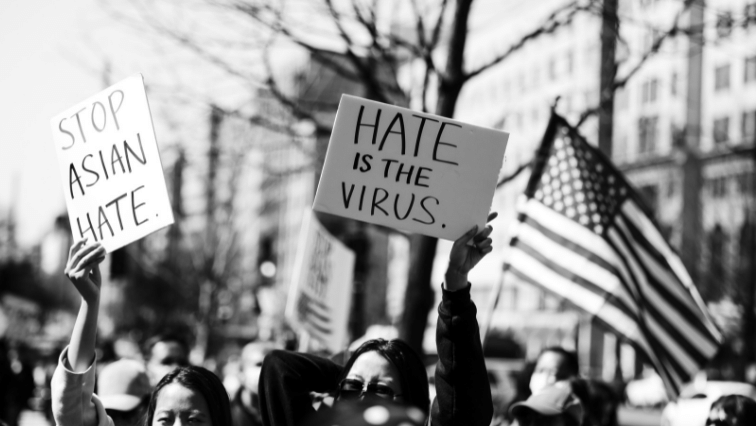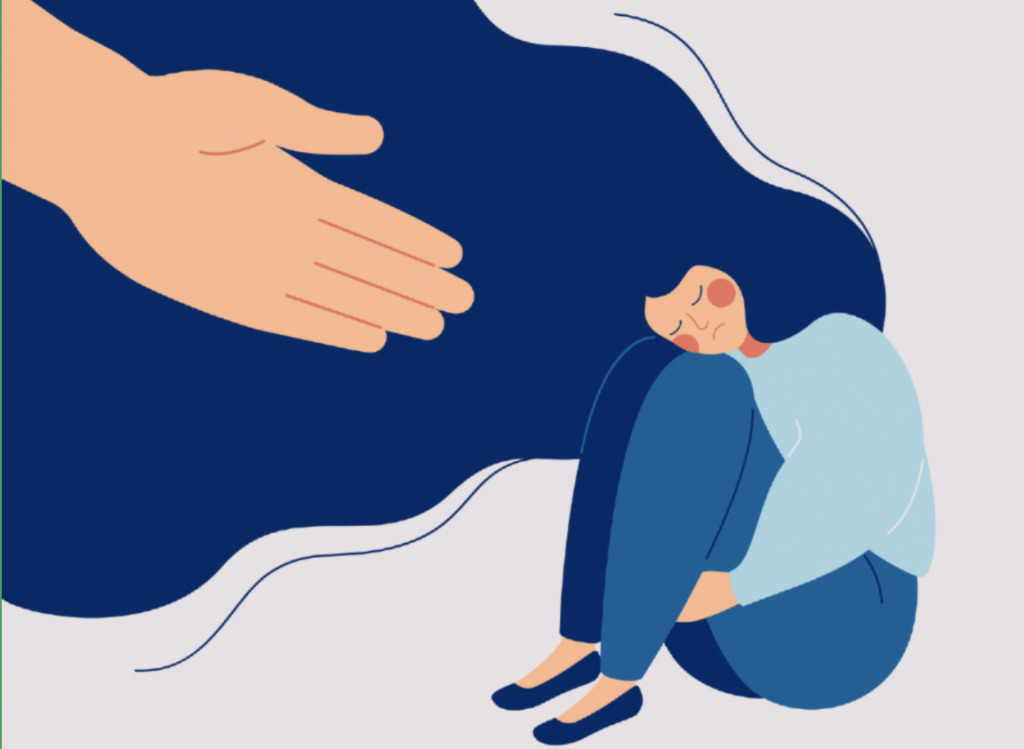
With the outburst of the widespread infection, COVID-19 has traumatized a lot of people. It has brought stress and struggles to a lot of us financially, mentally, or physically. The Asian American Pacific Islanders (AAPI) community had a specific struggle as the rhetoric of the “Wuhan flu” or “China virus” spread. This led to racist slurs and physical attacks that sometimes even caused death. There has been a great increase in racist assaults on the AAPI community in the United States. Many AAPI individuals are afraid of going out of their house. They are often wary of any danger that is lurking around the corners of their path and fear that they will become the next target of a racially motivated attack.
The pandemic has greatly impacted AAPI youth. It brought a heavy toll on their minds with constant stress or anxiety. According to a study conducted by L1ght, an organization devoted to protecting youth from online harassment, there was a 70% increase in cyberbullying during the pandemic among kids and teens on digital platforms. This is a huge growth of hate towards the AAPI youth. L1ght also found a 900% increase in hate speech against China and Chinese people on Twitter, “with explicit tweets accusing Asians of being responsible for the coronavirus outbreak.” Cyberbullying can cause the youth to feel and think in negative ways. They can start to lose interest and motivation in life or feel lost in where they are supposed to be headed. This can lead to negative emotions of depression, anxiety, stress, low self-esteem, fear, and more. Even after it is over, these feelings can linger for a very long time. Cyberbullying can lead to many harmful and consequential effects on the victim, specifically on their mental health.
The Stop AAPI Hate organization, in partnership with the National AAPI COVID-19 Needs Assessment Study developed a study to survey people who have encountered and reported hate crimes during COVID on their experience and the effects of the discriminations they faced. According to the respondents, 71.7% reported anti-Asian discrimination to be their greatest source of stress, much higher than other pandemic concerns. Many AAPI individuals are worried about being wrongfully targeted over the spread of COVID-19. By stressing over potential racial discrimination, youth and adults could lose balance in coping with their daily life. This could even lead to a decrease in their abilities to think and make good choices.

Currently, most schools and some workplaces have opened and people are returning back. However, AAPI students and families are still concerned. They worry about their welfare at school or work and some fear returning in person. For example, my family tries to avoid going outside of our house for unnecessary reasons. We try to protect ourselves as much as possible. Every time we go out of the door, we are very aware of any potential threats to us. We move quickly in and out of the house to keep ourselves away from the public eye. Most of my friends have pepper spray to protect themselves from unknown dangers on their way to work, school, or home. They alway stick with each other when they can after school so that they can have extra protection. Some others have decided to stay home and continue distance-learning as they are still feeling unsafe and frustrated to return.
The AAPI community continues to struggle and face challenges of racism directed at the community. As a whole, they are still feeling worried about their environment. Some people struggle to have a restful day working outside of their homes while others stress out about their plans to stay at home remotely working or learning. Although racism was an issue in our society before the pandemic, these serious incidents have shed light on the intensity of the situation. We need to show more care and awareness for the community with support and comfort. They need to be heard and they need support.
